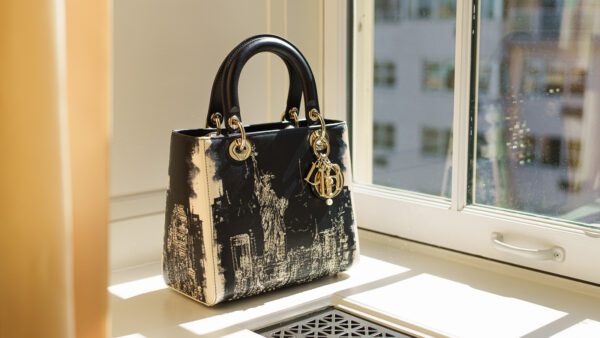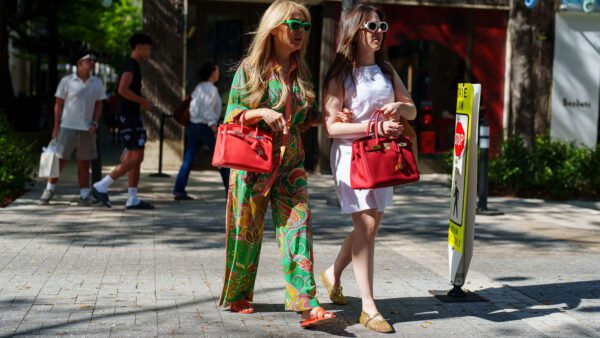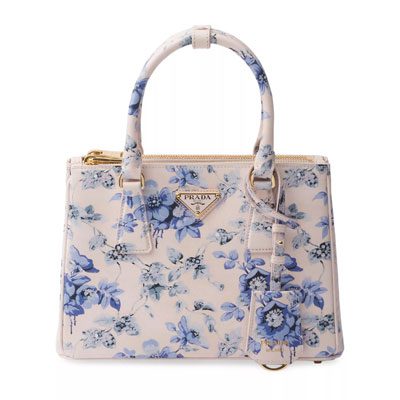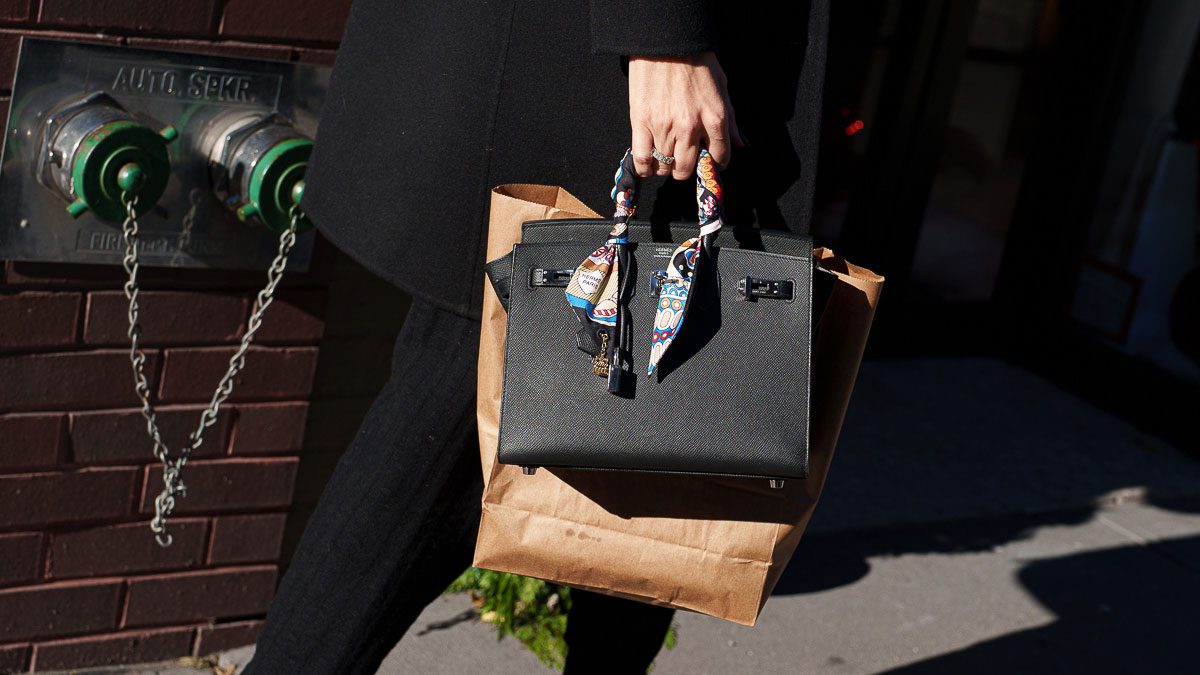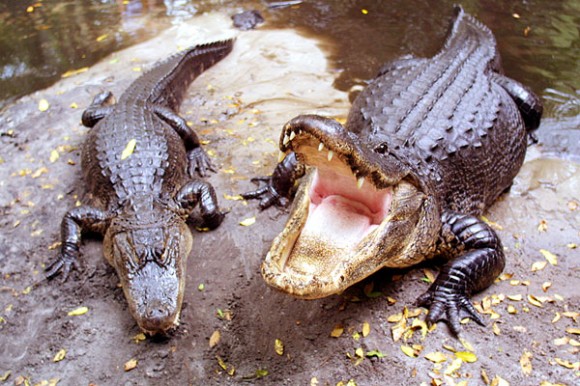
Something is rotten in the state of Louisiana.
As we all know by now, the luxury market was hit hard by last year’s economic collapse. Despite what some snide fashion-haters would tell you, the industry in fact does affect people at every level of the economy, and Louisiana’s alligator farmers are just the most recent people to feel the pressure as a result of tough economic conditions in the fashion industry, according to The New York Times.
It would follow logically that reduced retail sales have lead to a drop in international interest in exotic skins, of which alligator is among the most expensive, but the farmers tell it a bit differently. According to them, it’s all Hermes‘s fault.
The economic progression of alligator skins goes something like this: farmers on the American Gulf Coast, mostly in small operations in Louisiana, harvest eggs from natural habitats. 12% of the hatched gators are returned to the wild, the others are raised for their skins. Tanneries buy the skins from these small farmers and process them in order to be suitable for the manufacture of watches, handbags, and other various and sundry luxury goods. When they’re done being processed, luxury manufacturers purchase them and turn them into the asininely expensive things that we know and love.
Once upon a time, those three were completely separate from each other, but then Hermes started buying up tanneries. Now they’re the biggest tanners in the business and are therefore able to control the flow and prices of alligator skins in ways that were previously impossible, according to the farmers. Hermes is now its own middle man, in addition to being the middle man for a huge swath of its luxury competitors.
The farmers think that that may indeed be the cause of their current problems. Prices for raw alligator hides have dropped precipitously, to the point where its not profitable for some operations to continue raising the animals, and many skins go unsold completely. On the other end of the equation, non-Hermes luxury brands complain that the cost of tanned alligator skins has risen so much that it’s almost no longer profitable to use them in the manufacture of things like watches and loafers because consumers are unwilling to keep pace with the rising prices.
Well isn’t that odd? If my memory of freshman econ serves me correctly, prices shouldn’t be way up on one end of the supply chain while prices are rock-bottom at the other end. Something’s going on in the middle, and many people posit that that something is Hermes’s tannery ownership. The farmers accuse the company of hoarding the skins for themselves, making the purchase of finished skins prohibitively expensive for other brands, which makes overall demand for untanned skins (as well as prices) drop on the farmer’s end.
Hermes representatives claim that they only buy up about 30% of the available gator skins, but one has to wonder if that’s really the case, considering the disparate price problems coming from farmers and competing luxury brands. Or maybe 30% is enough to throw the entire industry out of whack and give Hermes a significant competitive advantage. Either way, something is going on that may wipe alligator off of the luxury market completely if things don’t change. Except for at Hermes, of course.


